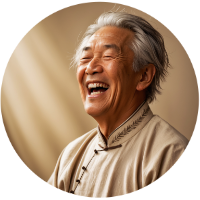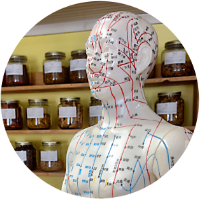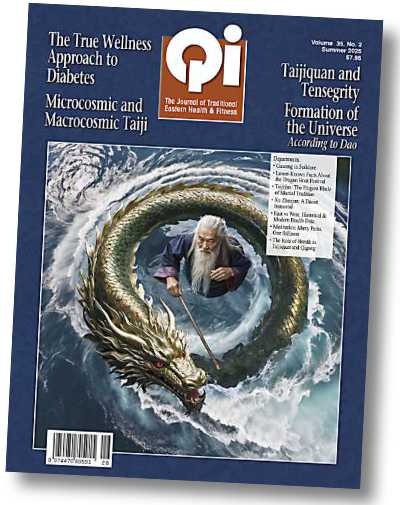Health in the Everyday:
A Lifestyle Rooted in Balance
In traditional Chinese thought, health isn’t something you chase—it’s something you live. It comes from harmony between body, mind, and environment, cultivated through everyday actions. How you sleep, how you spend your time, how you interact with others—these details matter just as much as what you eat or how you move.
This is the essence of Yangsheng (养生), often translated as “nourishing life.” It’s not a fixed routine or a strict program. It’s a flexible, responsive way of living that supports long-term health. You don’t need expensive tools or complicated schedules. You just need to pay attention.
 A good day in the yangsheng tradition includes time outdoors, a regular sleep pattern, moderate activity, and calm meals. Social connection is part of it too—sharing tea with a friend, playing a game with neighbors, or simply exchanging a few kind words in passing. These simple rituals support not only the body, but the Shen (spirit).
A good day in the yangsheng tradition includes time outdoors, a regular sleep pattern, moderate activity, and calm meals. Social connection is part of it too—sharing tea with a friend, playing a game with neighbors, or simply exchanging a few kind words in passing. These simple rituals support not only the body, but the Shen (spirit).
Sleep holds a special place in Chinese lifestyle medicine. Rest is not just for recovery—it’s when the body repairs and rebalances itself. Going to bed too late, using screens late at night, or carrying emotional stress into sleep can all disrupt the natural cycles of Qi. Ideally, one winds down in the evening with quiet activities, avoiding heavy food, bright lights, and overthinking.
Balance is the guiding principle: not too much work, not too much rest. Not too much stimulation, not too much isolation. Even joy, in excess, is considered disruptive to the heart. The goal is not to avoid modern life, but to shape it gently toward harmony.
Living well doesn’t mean living perfectly. It means choosing to care for yourself in small ways, every day. A quiet walk, a regular bedtime, a meaningful conversation—all of these are part of the medicine of lifestyle.
Vocabulary Guide
- Yangsheng (养生) – Literally “nourishing life,” this term refers to daily lifestyle practices—like rest, diet, movement, and mindset—that support long-term health.
- Qi (气) – The body’s vital energy. In lifestyle practice, good qi flows smoothly through daily rhythm, sleep, movement, and emotional balance.
- Shen (神) – Often translated as “spirit” or “mind,” shen represents mental clarity, emotional stability, and presence. It is supported by restful sleep, calm interactions, and inner stillness.









